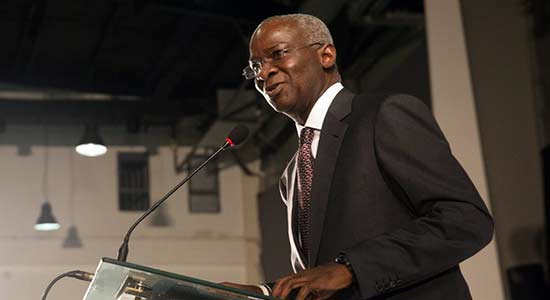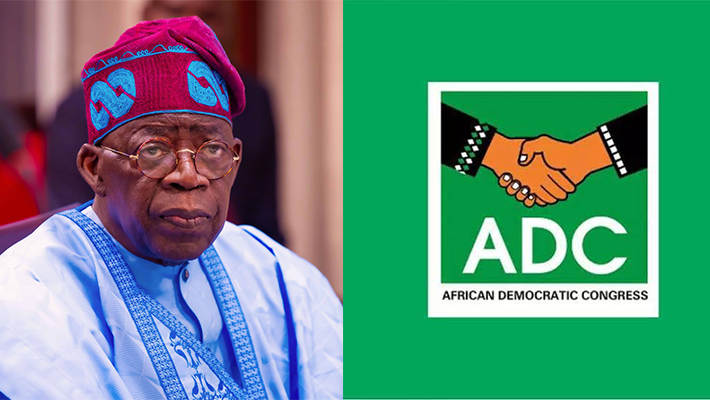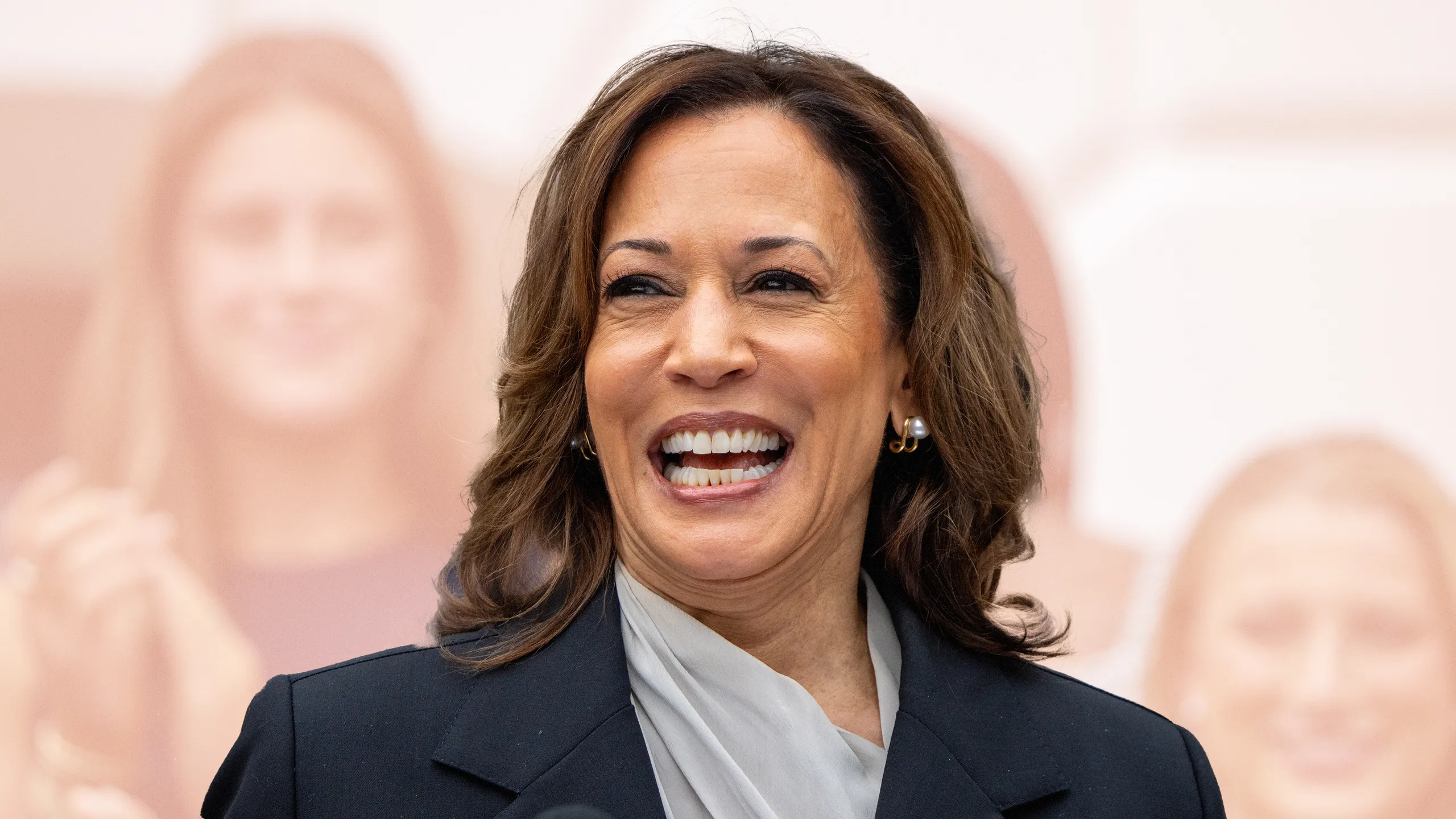Laughter is often viewed as a universal language that bridges divides and connects people, but for Kamala Harris, it has evolved into something much more—an influential tool in the political arena. As the first woman of color to serve as Vice President of the United States and now the Democratic presidential nominee, Harris has strategically used her infectious laugh to disarm critics, soften the impact of harsh truths, and craft narratives that resonate across a deeply divided nation.
In the realm of politics, where seriousness is often equated with authority, Harris has redefined the role of laughter. Her laughter does more than lighten the mood; it humanizes her, making her more relatable to the everyday voter. In a world where politicians are frequently perceived as distant and unapproachable, Harris’s unguarded laugh serves as a reminder that behind the titles, she is a person who remains connected to the human experience.
During high-stakes interviews or press conferences, Harris’s laughter isn’t just a defense mechanism—it’s a way to invite others to see her resilience. Throughout the 2020 campaign, her laughter, whether in response to sharp criticism or moments of levity, conveyed strength and optimism. It subtly reminded observers that her positive outlook, even amidst challenges, is a core part of her political strength. In this context, Harris’s laughter is not just an emotional reaction but a deliberate strategy to maintain authenticity in an environment that often strips candidates of their true selves.
In the adversarial world of American politics, Harris has faced criticism not just for her policies but also for her identity as a woman of color in a predominantly white, male-dominated field. Rather than engaging in bitter exchanges, Harris often uses laughter to deflect and disarm her opponents. During the 2020 vice-presidential debate, when former Vice President Mike Pence attempted to interrupt her, Harris’s calm smile and composed laugh, paired with the now-iconic phrase, “Mr. Vice President, I’m speaking,” sent a clear message: she was in control and fully aware of her power.
In this way, her laughter acts as a shield, effectively countering attacks that could be framed as disrespectful or indicative of weakness. For Harris, laughing in the face of opposition does not signal flippancy or detachment; it reflects her confidence and resilience, signaling to both supporters and critics alike that she cannot be easily shaken.
Harris’s use of laughter also plays a critical role in shaping political narratives. At a time when the United States grapples with deep divisions—racial tensions, economic inequalities, and global uncertainties—Harris’s laughter is a beacon of hope. It signals that optimism and progress are not just possible but within reach. Her laughter, often associated with moments of warmth and storytelling, helps frame her journey—from her roots as the daughter of immigrants to her rise as a global political figure—as an inspiring American success story.
For women in leadership, particularly women of color, there is often pressure to conform to rigid expectations of stoicism and composure. Harris’s laughter allows her to break these molds, presenting herself as a trailblazer who refuses to be confined by traditional limitations. In many ways, her laughter is a revolutionary act, challenging the norms of a political establishment that has long been dominated by men.
Of course, like any political tool, laughter carries risks. Critics have occasionally accused Harris of being evasive or unserious in moments that demand gravity. There have been instances where her laughter has been perceived as inappropriate, especially when the public expects a more solemn response. However, these moments are rare compared to the overall effectiveness of her approach.
Harris’s laughter navigates a fine line between levity and gravitas, and while it may not always be perfectly timed, it consistently conveys a sense of control. More importantly, it resonates with a growing segment of the electorate that is weary of the toxic partisanship, mistrust, and anger that dominate the political landscape.
In many ways, Harris’s laughter encapsulates the larger narrative of her political journey—one of perseverance, optimism, and strength in the face of adversity. It serves as a powerful reminder that in politics, as in life, sometimes the most effective weapon is not force or anger, but joy.










